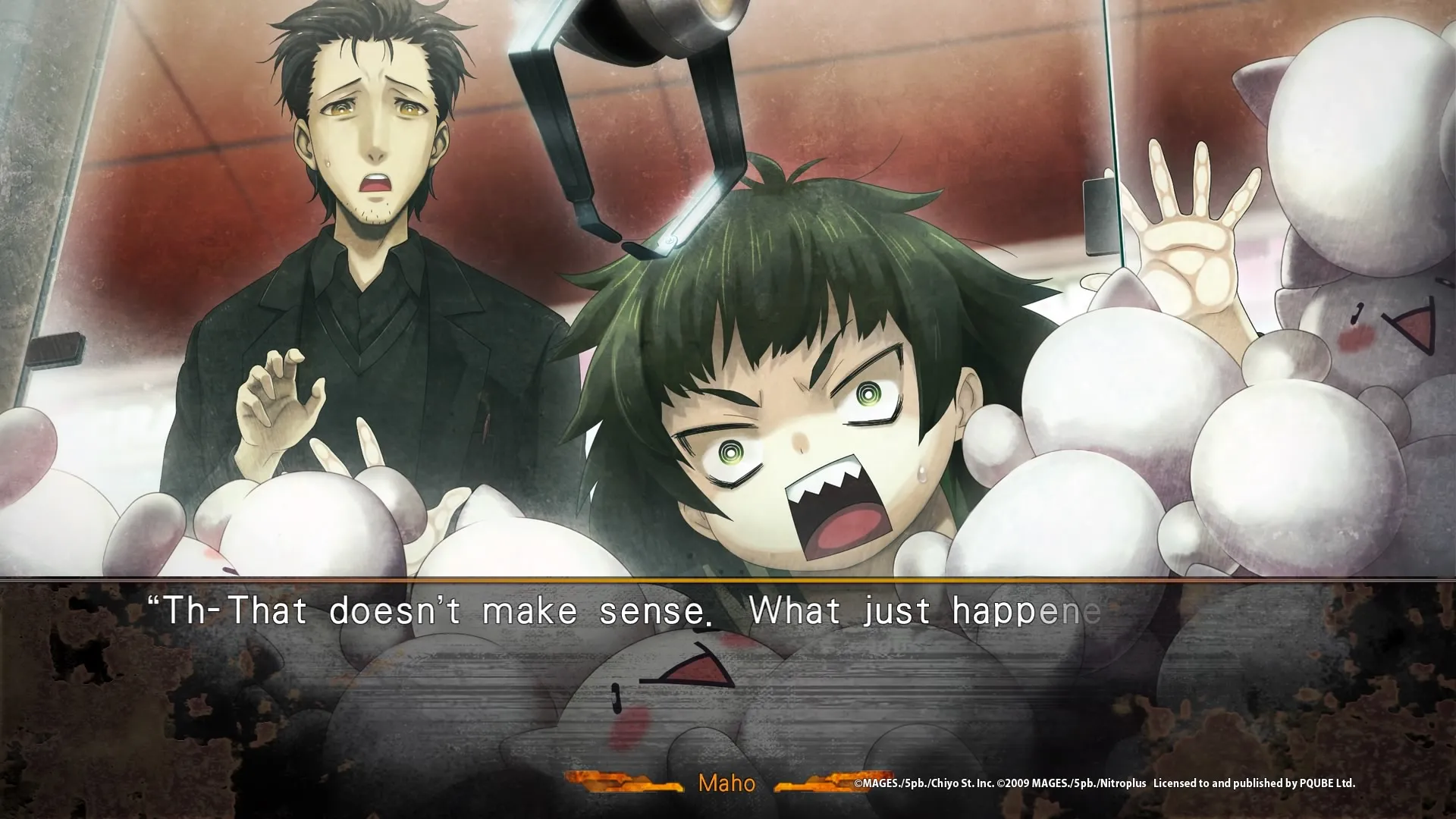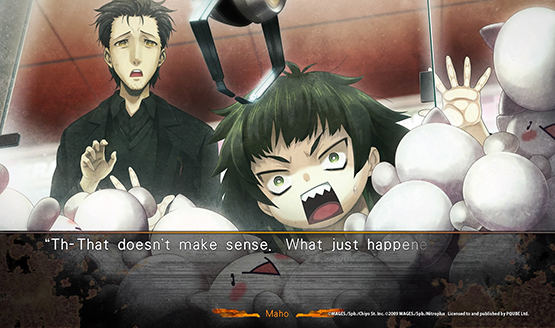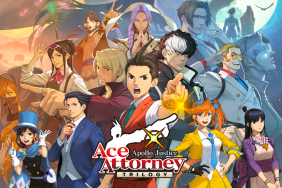The original Steins;Gate released to quite the critical and consumer acclaim and was considered ground-breaking by many in regards to the visual novel genre. The sci-fi/time-travelling story was extremely captivating, and the multiple endings only made it more endearing. Steins;Gate 0 tries to leap off of the success of its predecessor, by sort of being a sequel to the first game. I say sort of, because Steins;Gate 0 is an alternate timeline to the beta world line that explores what would have happened if Okabe Rintaro failed to save Kurisu when he went back in time. Not only does he fail, but he refuses to make the time jump a second time to fix his failure. In this particular version of the Steins;Gate story, the world lines are closer and closer to converging to the horrific future Suzuha knows—the Third World War.
Steins;Gate 0 has a cast of familiar and brand new characters as well as a new hook for the overall plot. But is it enough to get fans excited to take another trip through the world lines?
Amadeus, Amadeus
The basic plot from the first game that carries under this one centers around the idea of parallel universes that run along separate timelines called world lines. The world lines occasionally converge, and what happens in the convergence timeline affects all the world lines. One possible world line leads to the Third World War started between the Russians, the Americans, and the Japanese. The pivotal moment that leads to the Third World War is the death of Kurisu at the hands of her father, who steals her paper about time machines and flees to Russia with the info. In the first game, Okabe has to do everything to save her, including fixing the scenario where he accidentally kills her. In Steins;Gate 0, he can’t fix that scenario, and he’s so distraught from killing Kurisu that he suffers from PTSD (post-traumatic stress disorder). He also refuses to try once more to fix his mistake. As such, time is ticking down, and Suzuha (time traveler from the Third World War future) is desperate to do anything to force Okabe to go back in time once more and save Kurisu. Once he does so, he will open the Steins Gate world line where there is no Third World War.
If you never played the first game, all of this is extremely difficult to follow, even with the Tips section in the game menus.
Since Okabe refuses to go back in time, time traveling isn’t the main hook for the overall plot. As this is a world line without Kurisu, life goes on without her, and that includes her former coworkers as much as it includes Okabe and his friends. Her mentor and lab partner, Dr. Leksinen and Maho Hiyajo, visit Japan to give a lecture at the same convention Kurisu did a year before in the alpha world line. Naturally, Okabe runs into them and becomes involved in their research project, an AI called “Amadeus” that is created by downloading someone’s memories into a program. With Amadeus, the AI has a true personality, actual memories to fall back on, and has emotions. Okabe learns that Kurisu created the Amadeus before her death, and the current Amadeus AI is from Kurisu’s memories right before she left for Japan and consequently died.
Okabe agrees to be a tester for the Amadeus Kurisu, and he has an app on his phone where he can call her and she can call him at any time. The question becomes, how much of the Amadeus Kurisu is “real” as well as does time travelling only delay the inevitable? Okabe struggles with both throughout this alternate timeline.
Boring, Boring
The story sounds interesting when you attempt to summarize it without giving away too many spoilers. But it’s never presented in an interesting manner, and the real intrigue of the story doesn’t even occur until eight hours in. A game needs to grab you, either with gameplay or story, in at least the first hour if not the first 30 minutes. It’s doubly true for visual novels. At four hours on the game clock, I was still bored and incredibly uninterested in what was going on. I would have been upset if I paid money for this title, and yes, I would have quit after only a couple of hours. I pressed on only for the sake of review, and it never really picked up decent steam. Even when the big climactic moment zinged in, I had trouble mustering an ounce of caring.
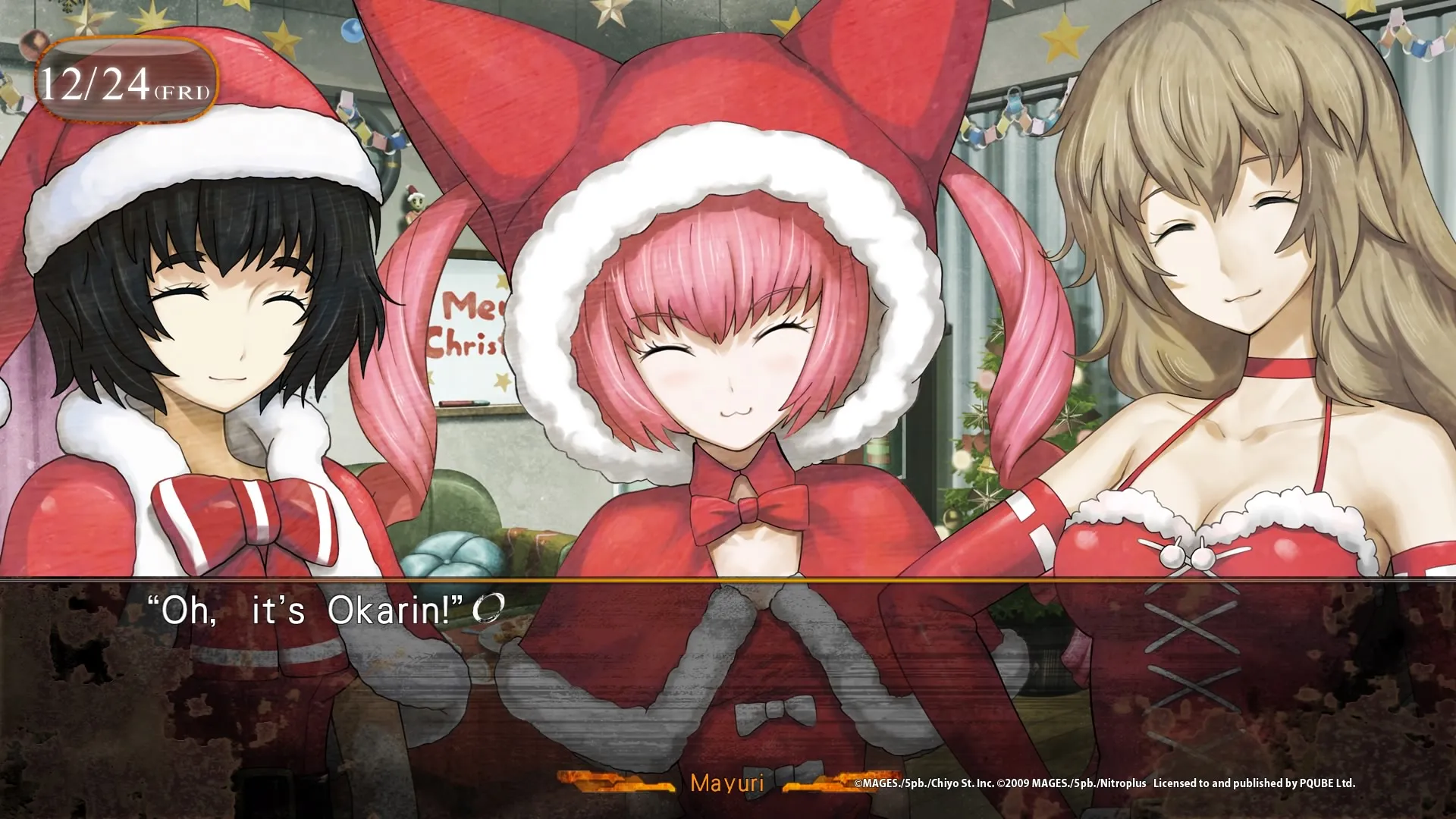
The gameplay only worsens the boredom. Most visual novels don’t have a lot of creative gamplay, but not many have this level of tedium, either. Steins;Gate 0 is a lot of simply pressing “X” to scroll through the text. Occasionally you’ll receive text messages and phone calls that you can choose to answer or not, and these reportedly affect which ending you will get at the end. I honestly have no idea, because nothing really felt like a choice in responses, unlike other visual novels. I really felt very passive in the game, absent-mindedly pressing X every few seconds. I literally nodded off a couple of times playing. It’s a good thing I played using the Japanese audio instead of the English, which forced me to read the text or I would have fallen asleep listening to it.
Visual novels are an underappreciated niche of gaming to be sure, but games like this don’t do the genre any favors. This might have been fantastic as an anime series, but the lack of real choices in how the story goes kind of kills the interactive vibe a visual novel is supposed to have. Even though the text messages and phone calls alter the story, the length of the full story, complete with monotonous gameplay, doesn’t make replaying it for all the endings very enticing.
Steins;Gate 0 review code provided by publisher. For more information on scoring please see our Review Policy here.
-
Lovely artwork
-
Interesting new characters to Steins;Gate universe
-
Too passive gameplay for a visual novel
-
Choices too subtle
-
Story takes way too long to build up intrigue
-
Hard for newcomers to follow
Steins;Gate 0 review
-
Steins;Gate 0 review #1
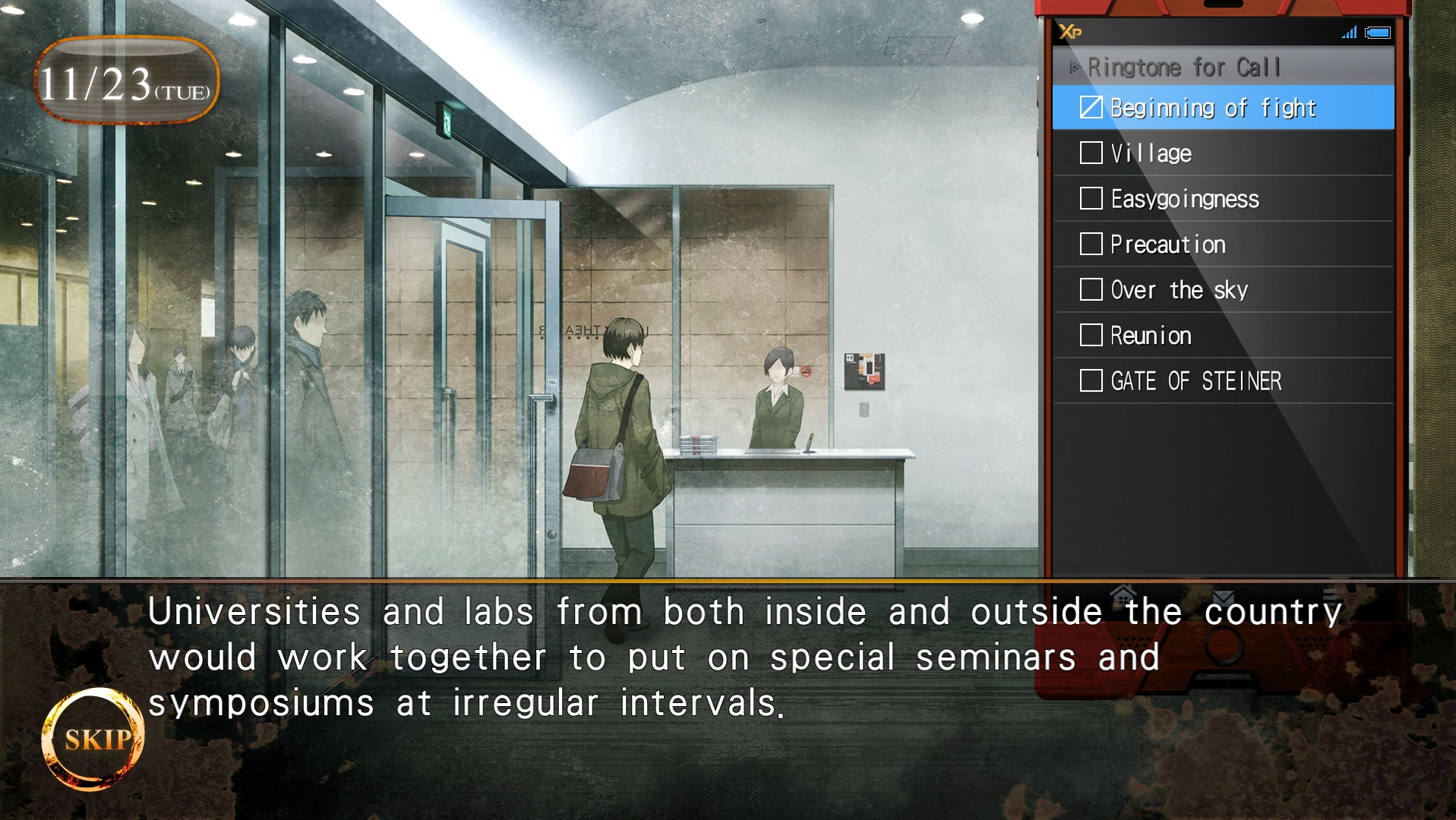
-
Steins;Gate 0 review #2
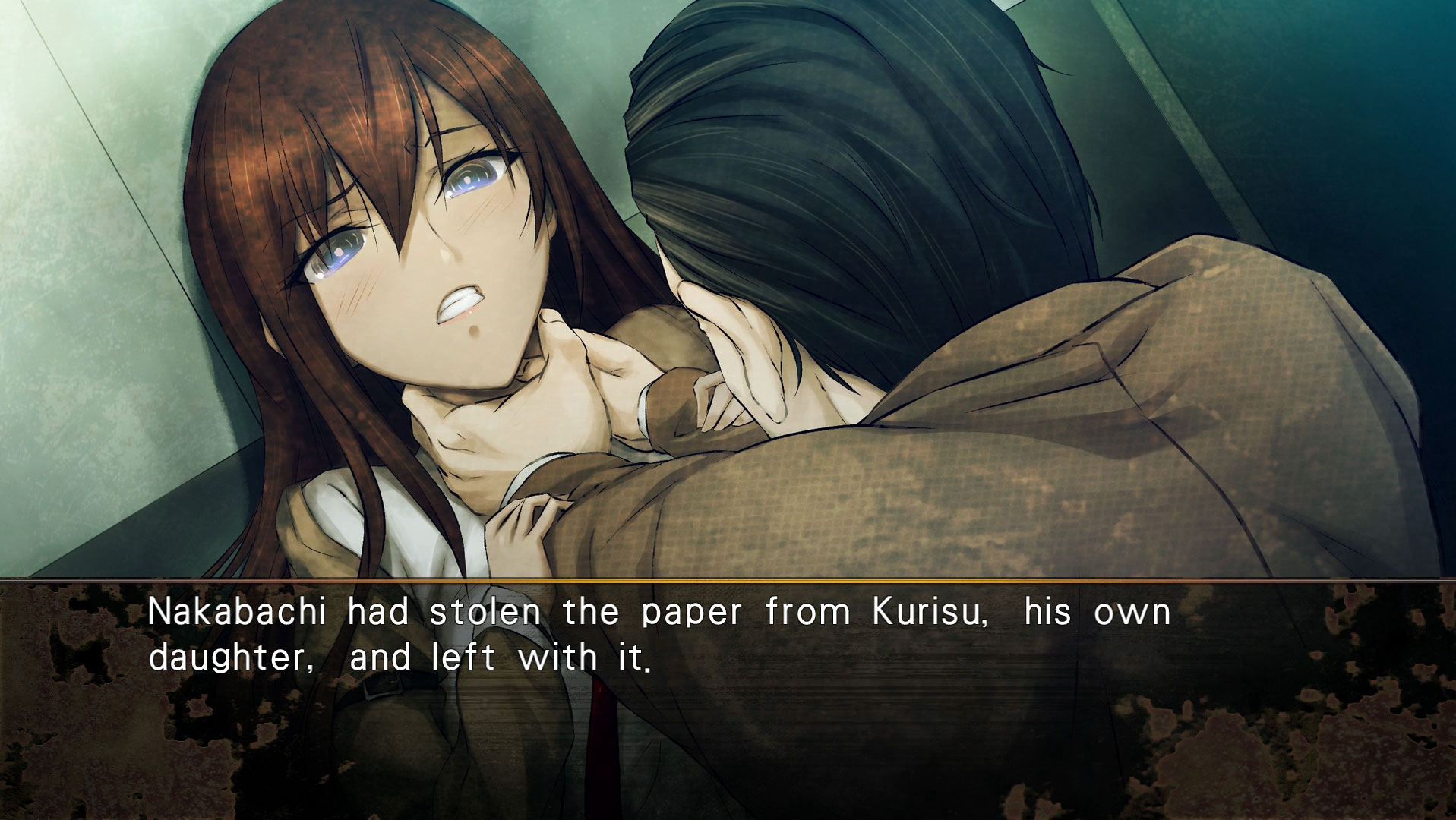
-
Steins;Gate 0 review #3
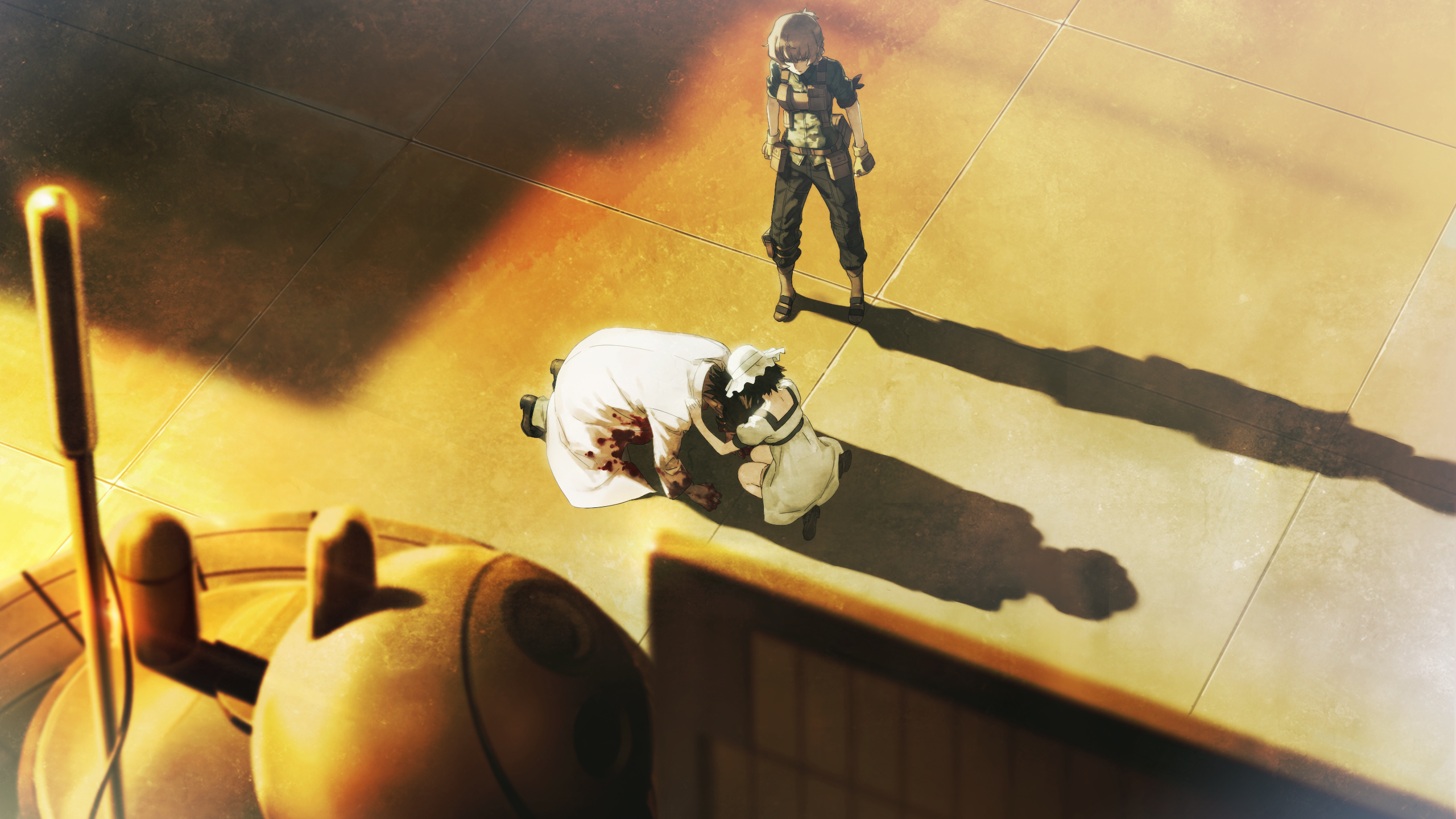
-
Steins;Gate 0 review #4
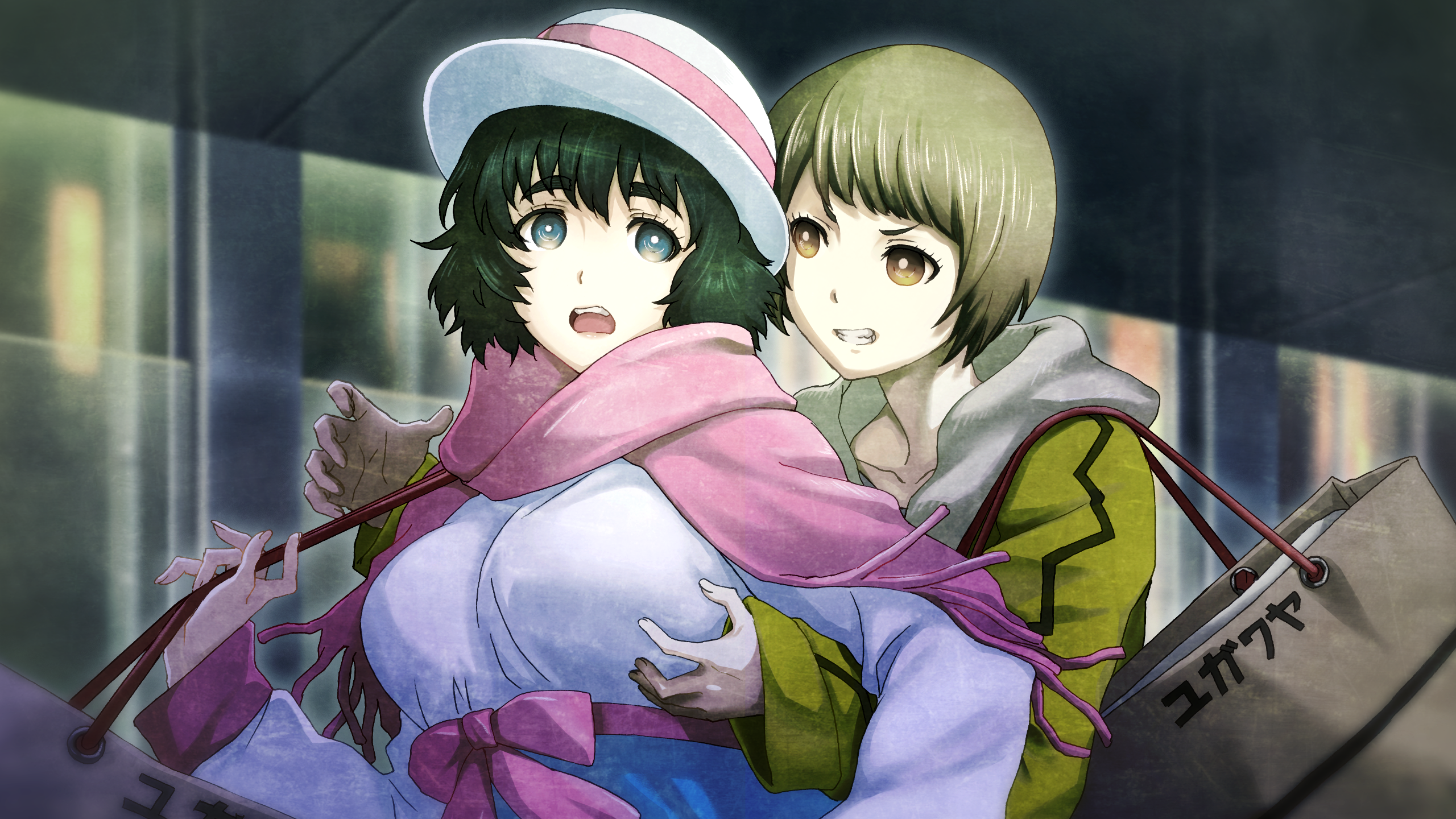
-
Steins;Gate 0 review #5
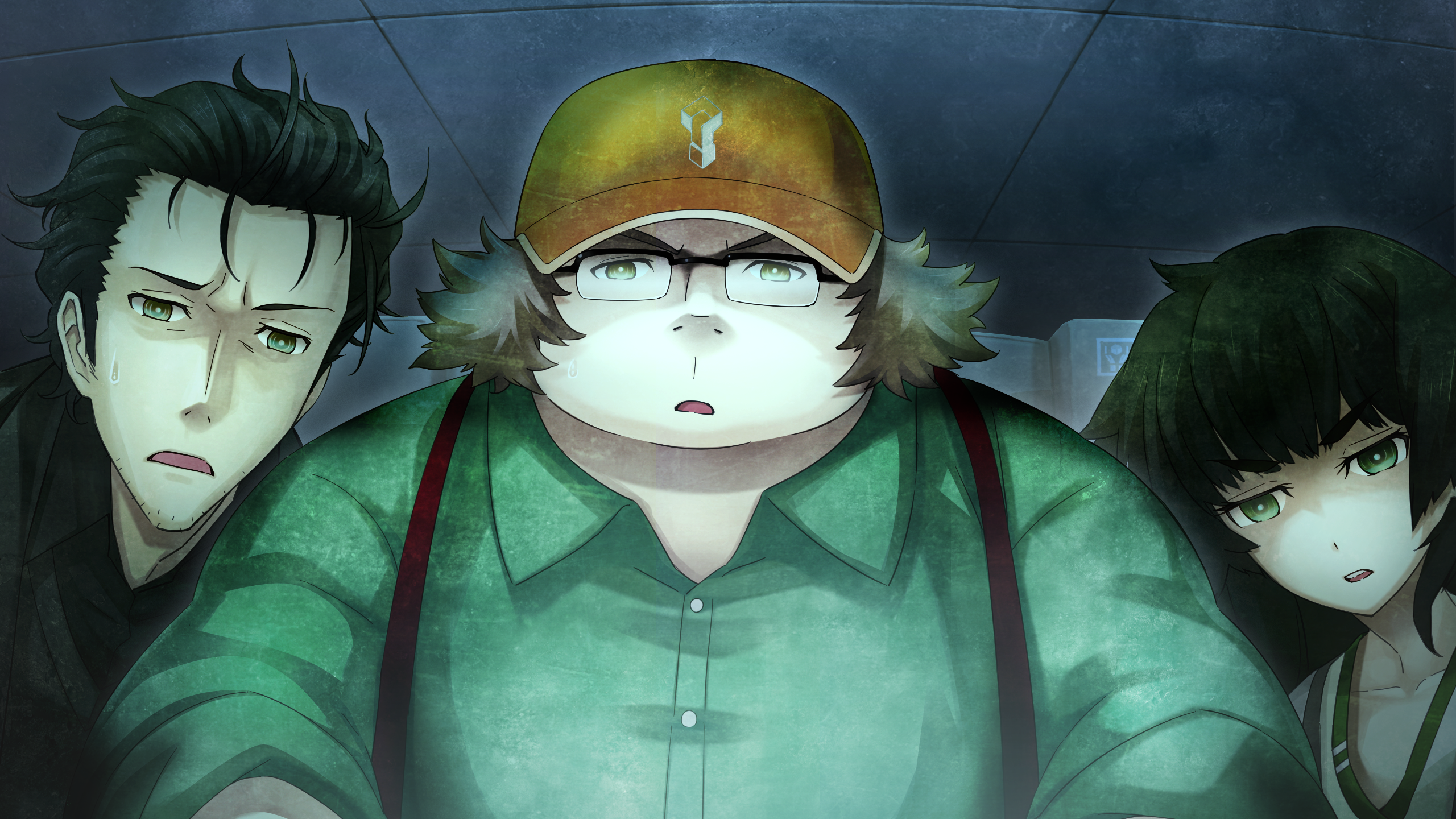
-
Steins;Gate 0 review #6
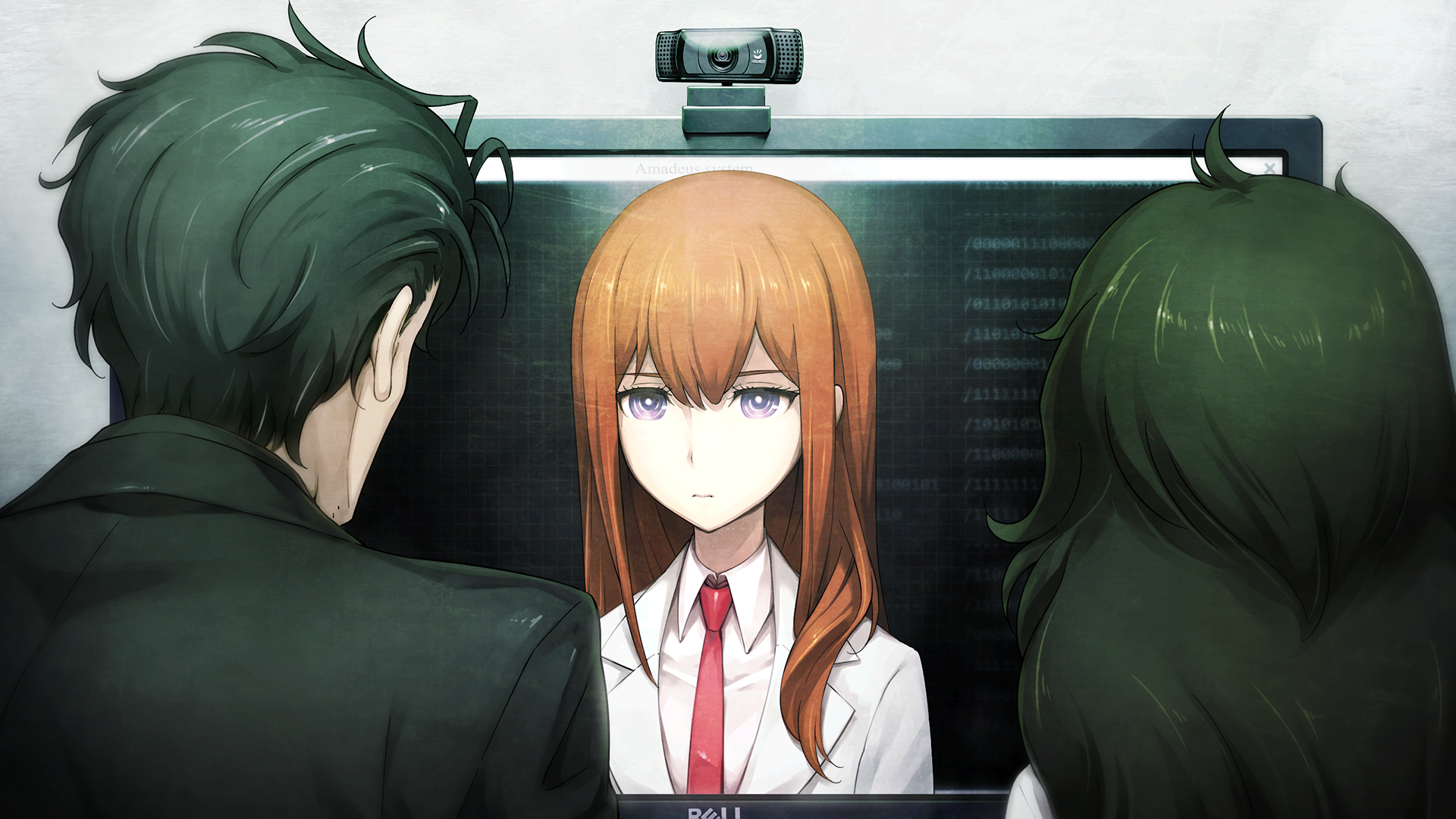
-
Steins;Gate 0 review #7
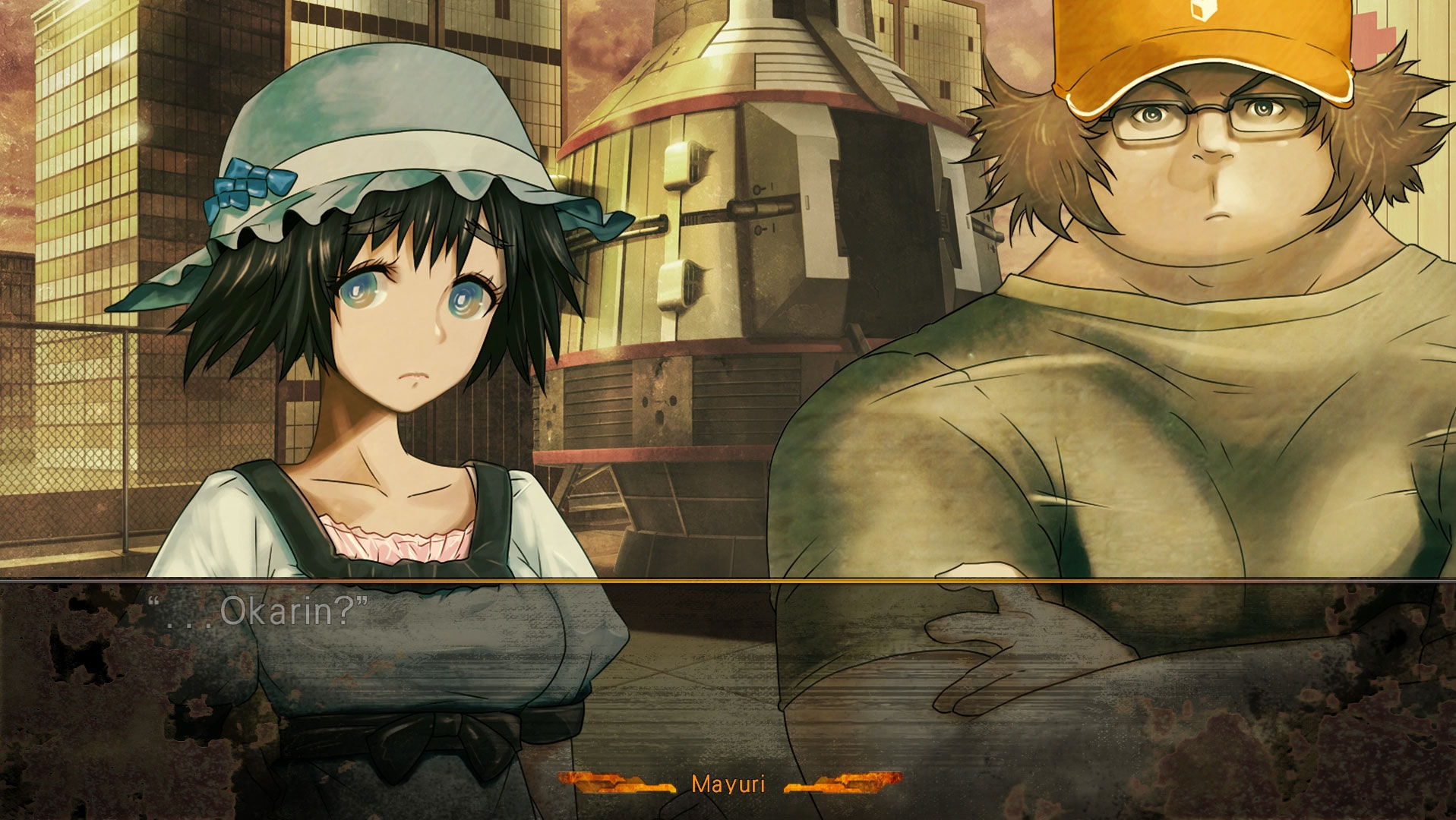
-
Steins;Gate 0 review #8
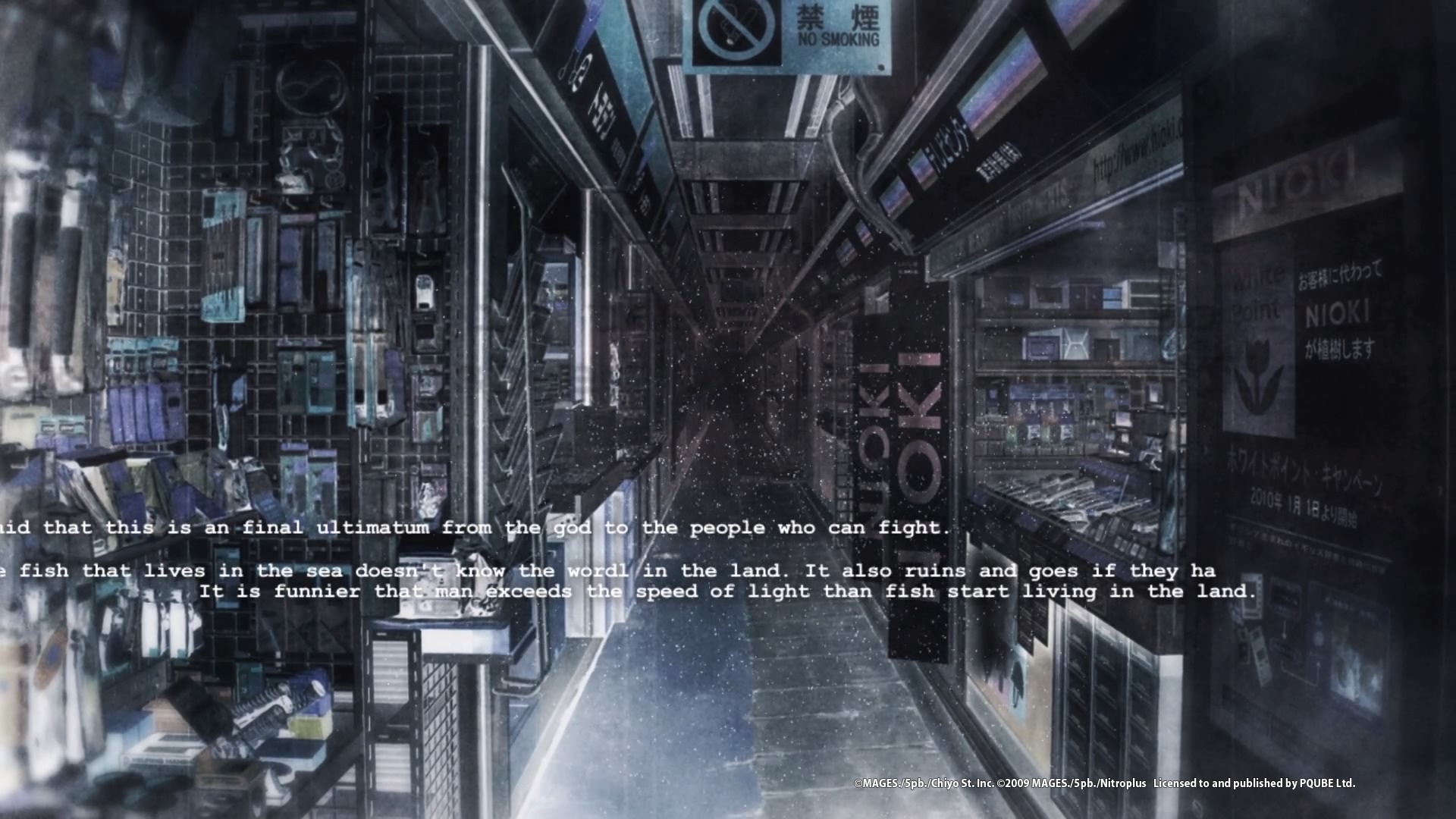
-
Steins;Gate 0 review #9
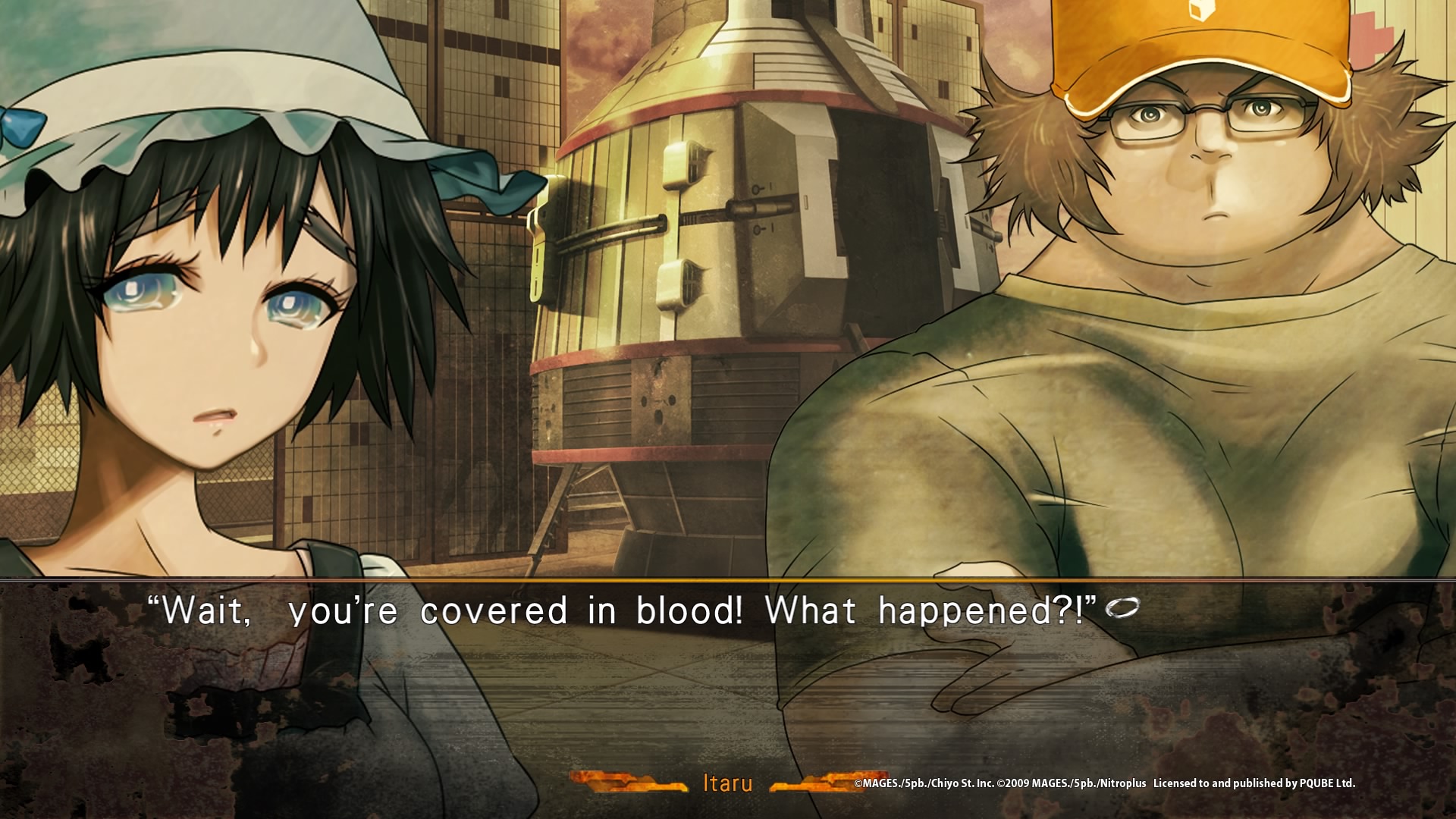
-
Steins;Gate 0 review #10
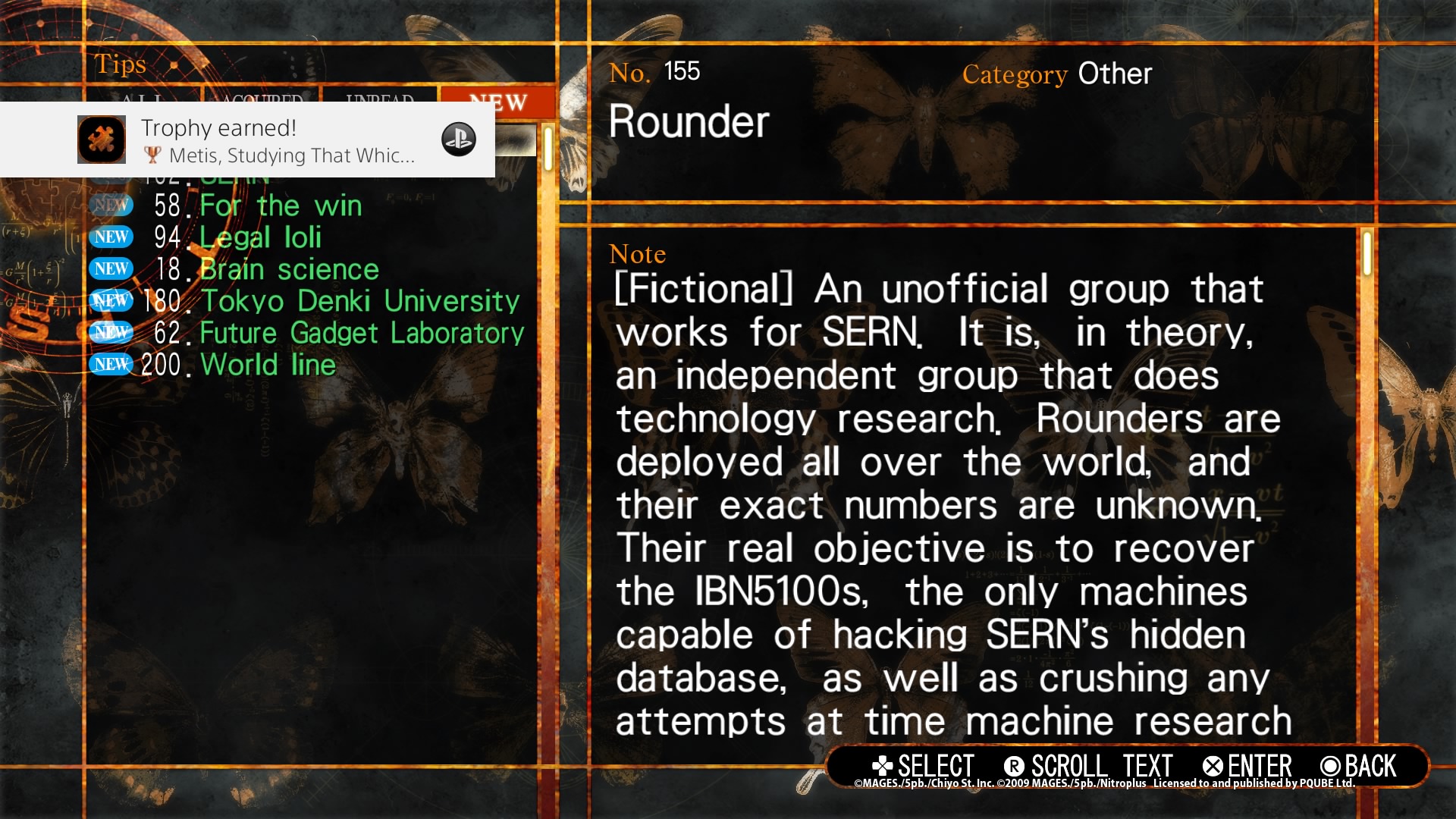
-
Steins;Gate 0 review #11
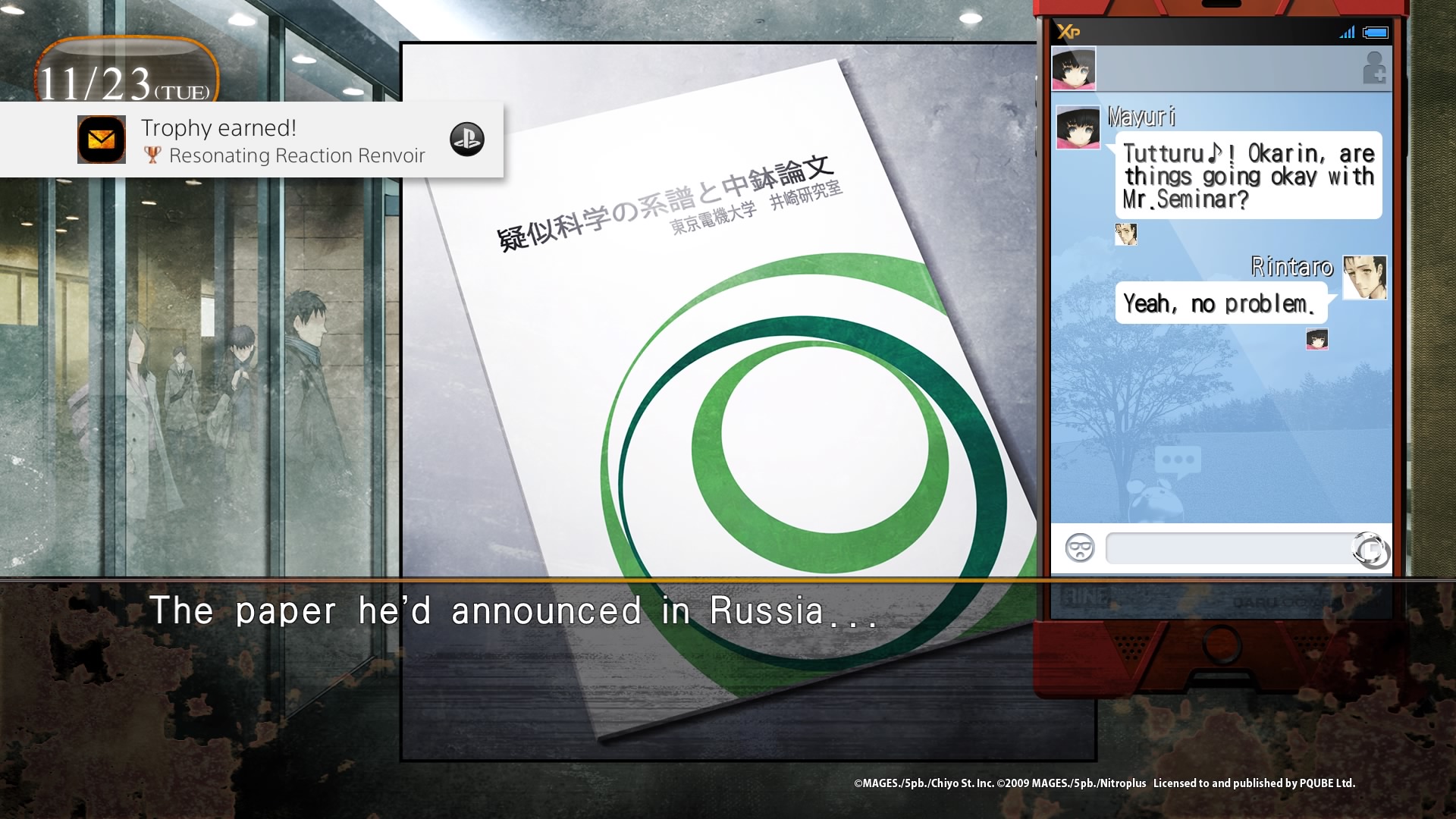
-
Steins;Gate 0 review #12
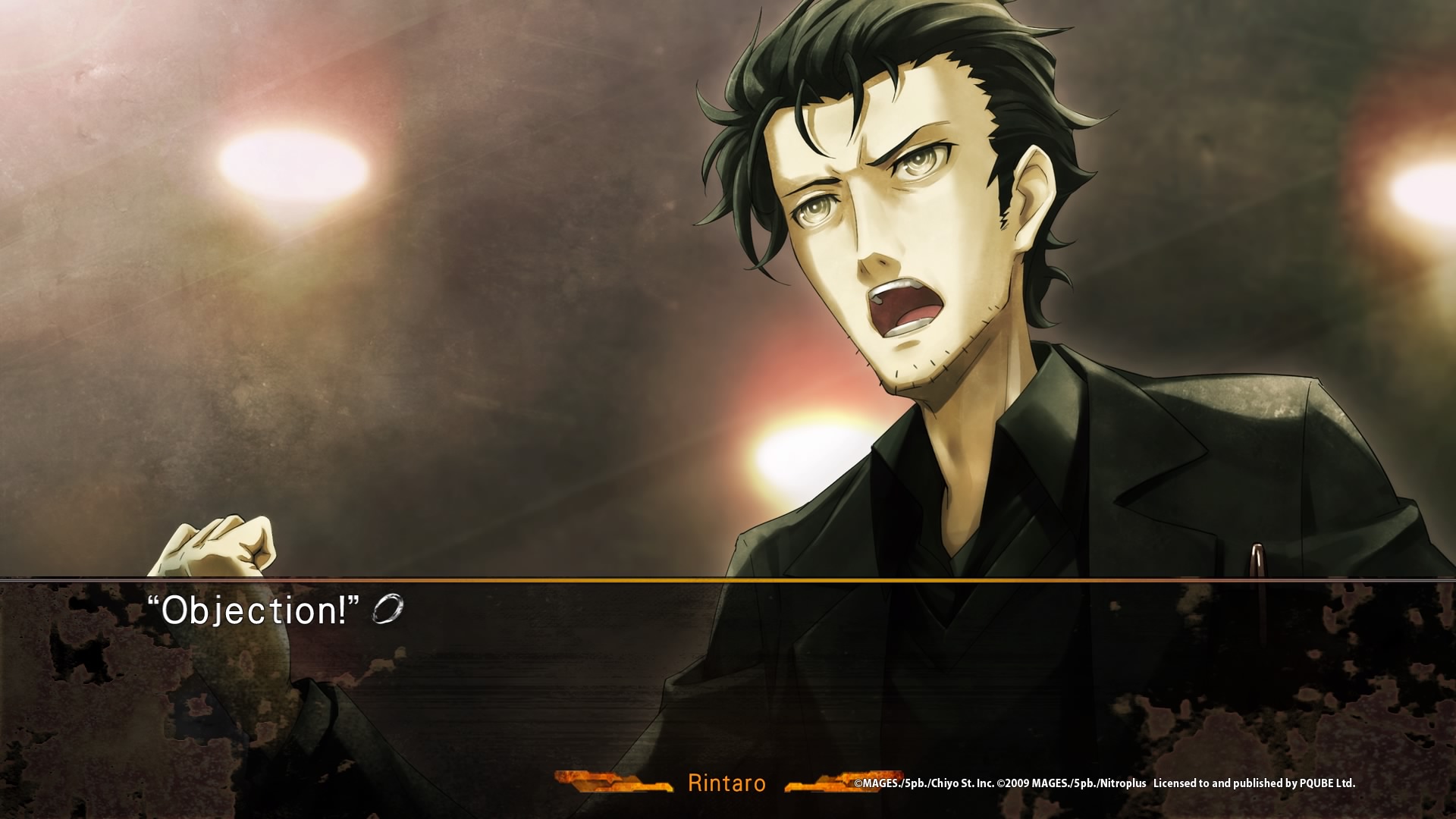
-
Steins;Gate 0 review #13
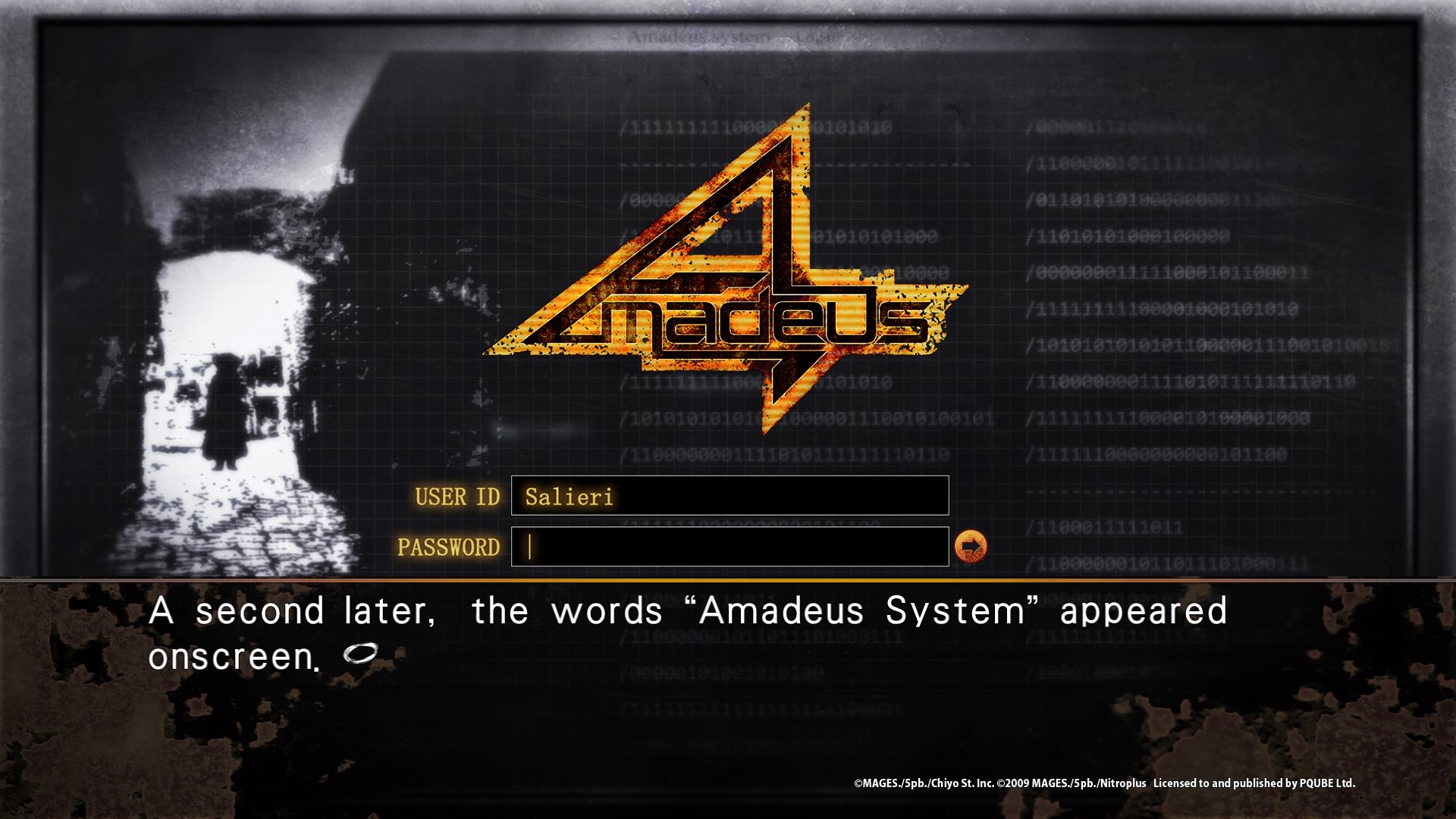
-
Steins;Gate 0 review #14
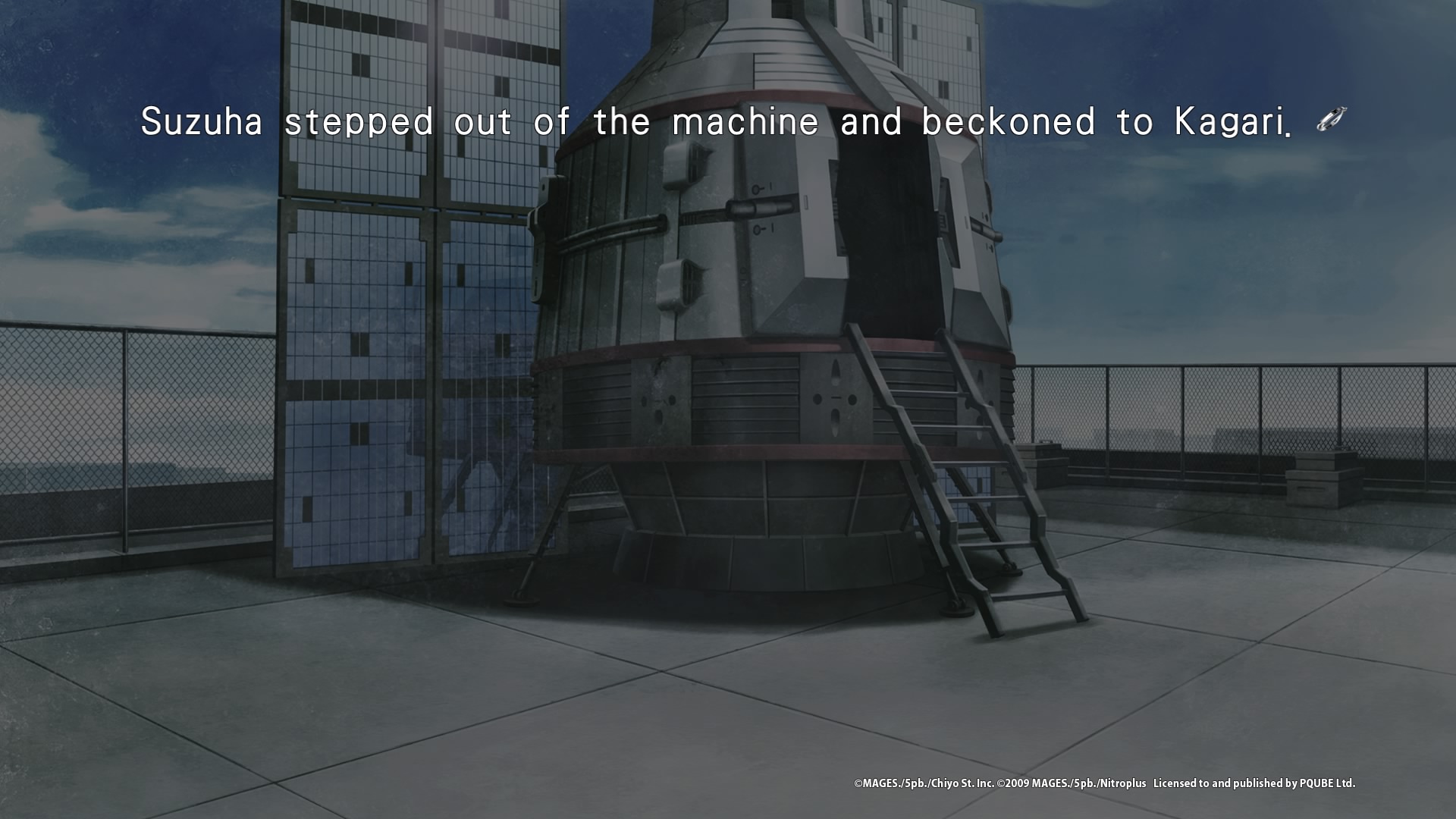
-
Steins;Gate 0 review #15
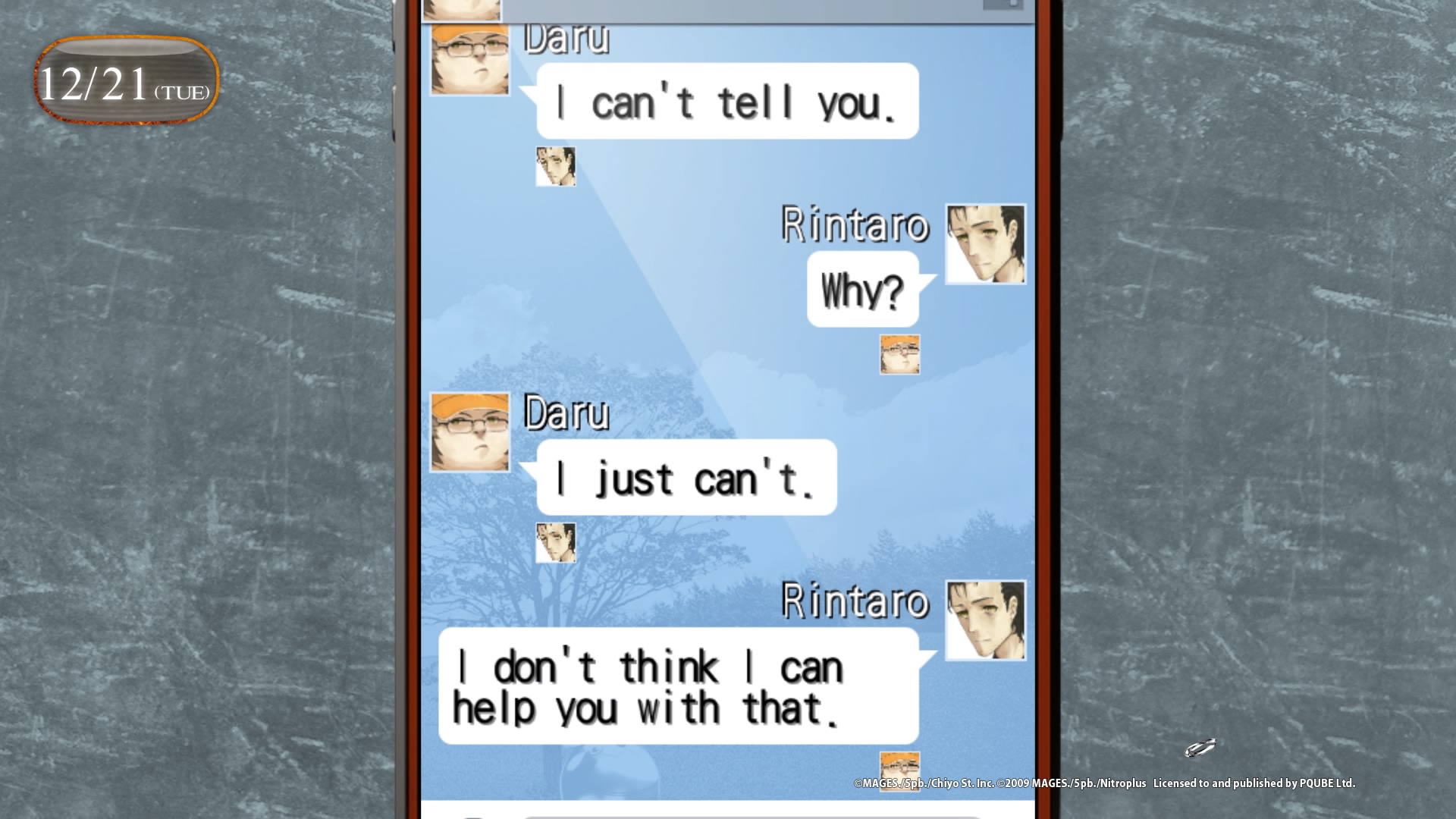
-
Steins;Gate 0 review #16
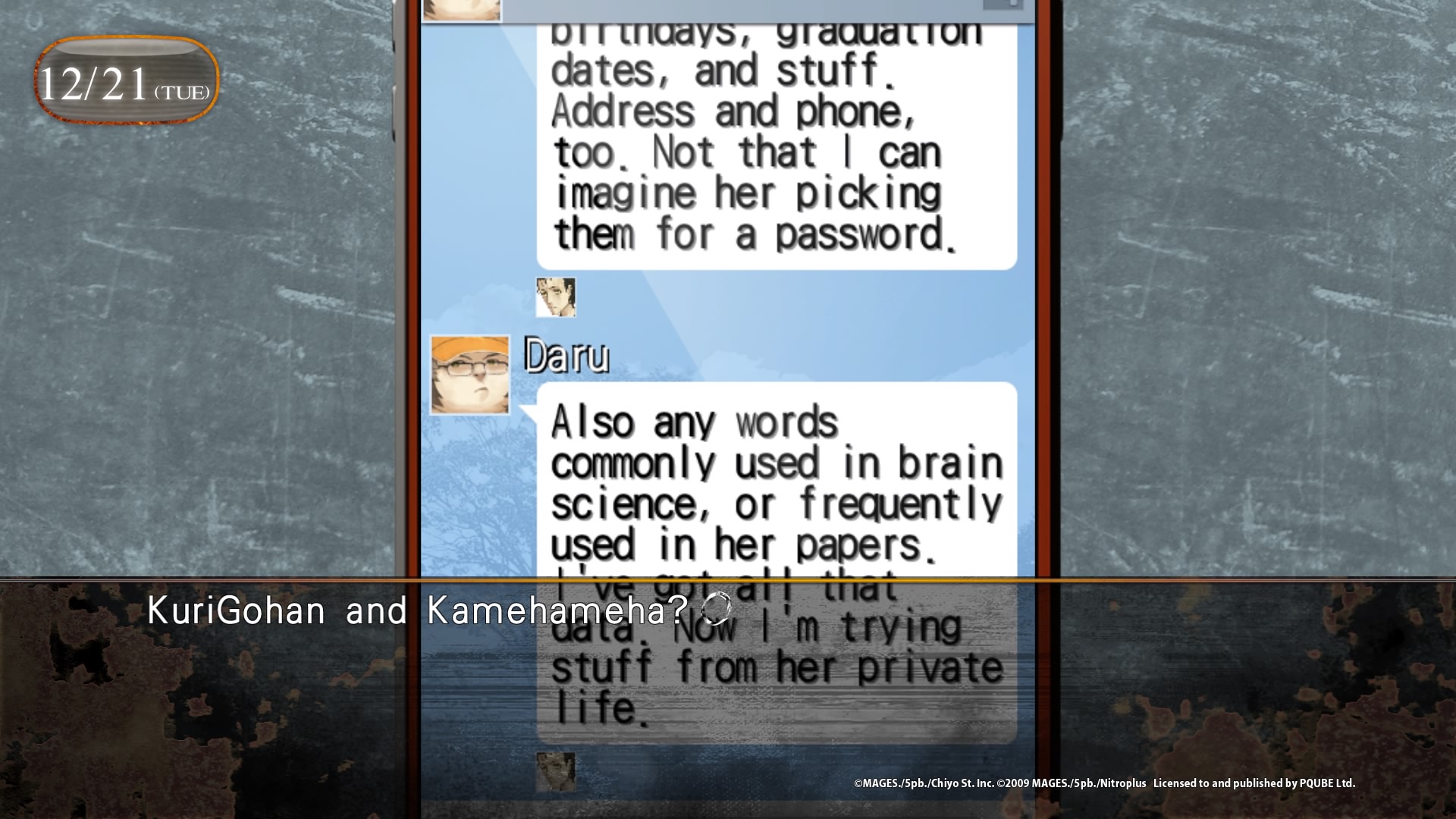
-
Steins;Gate 0 review #17
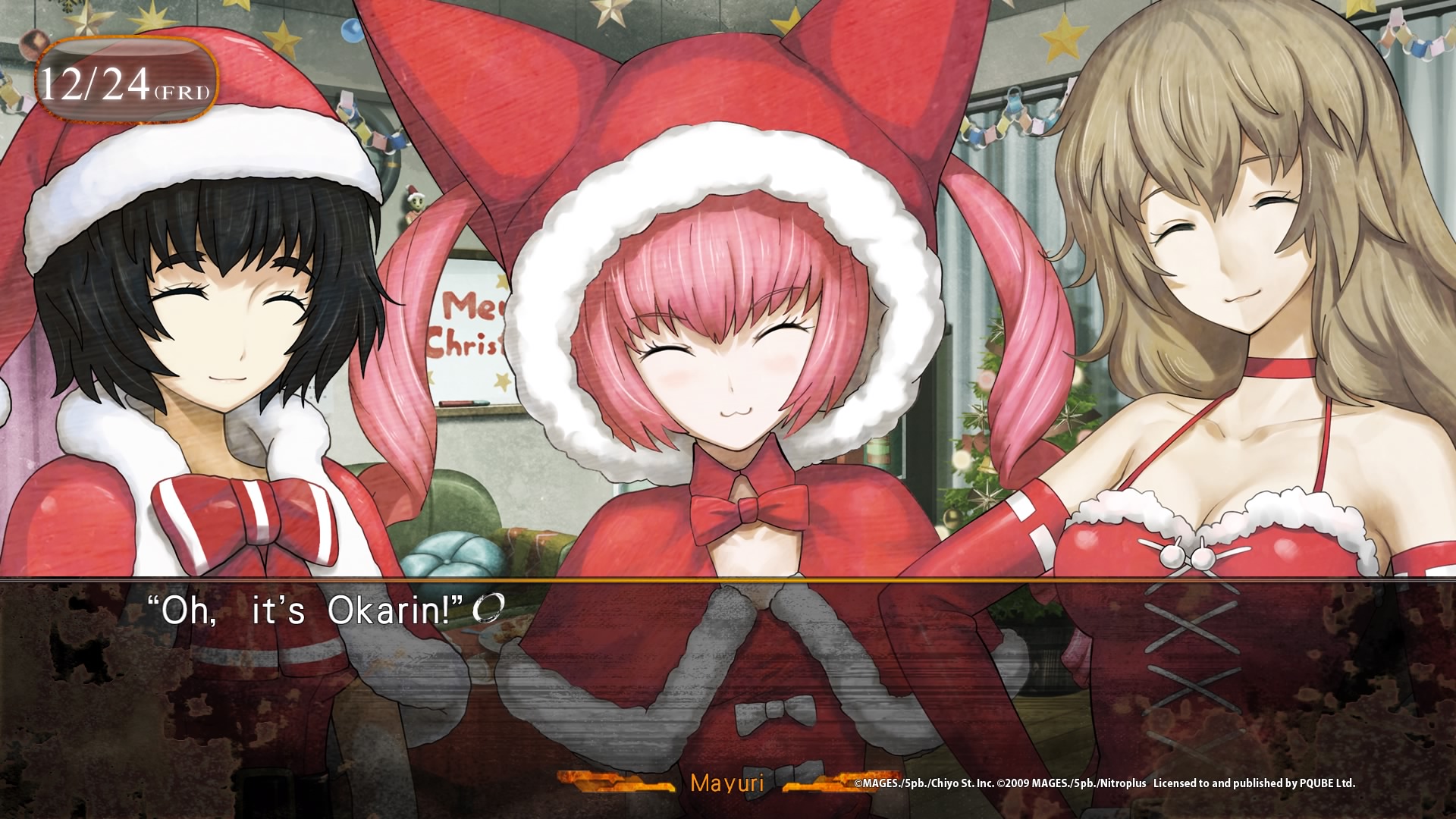
-
Steins;Gate 0 review #18
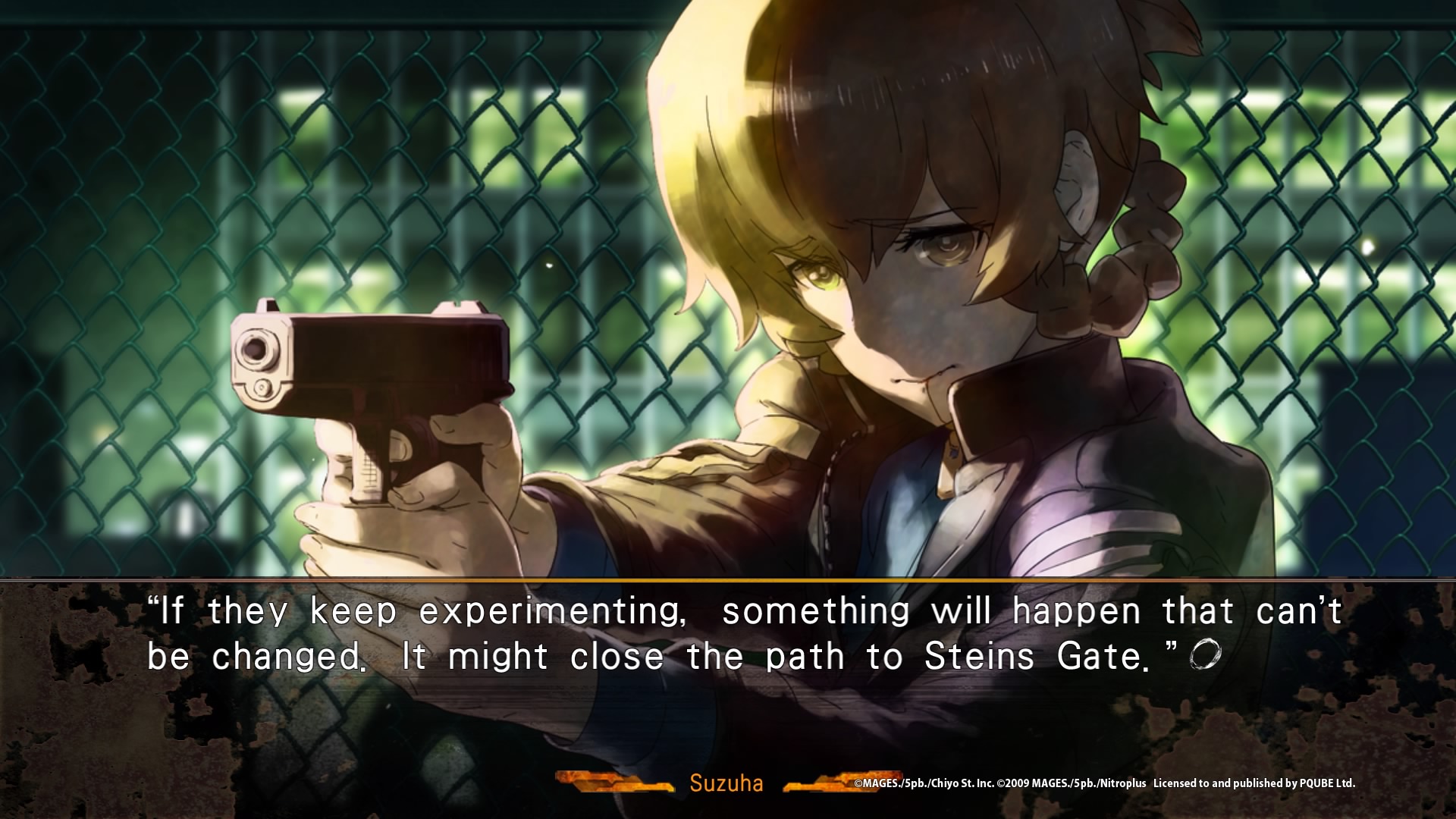
-
Steins;Gate 0 review #19
